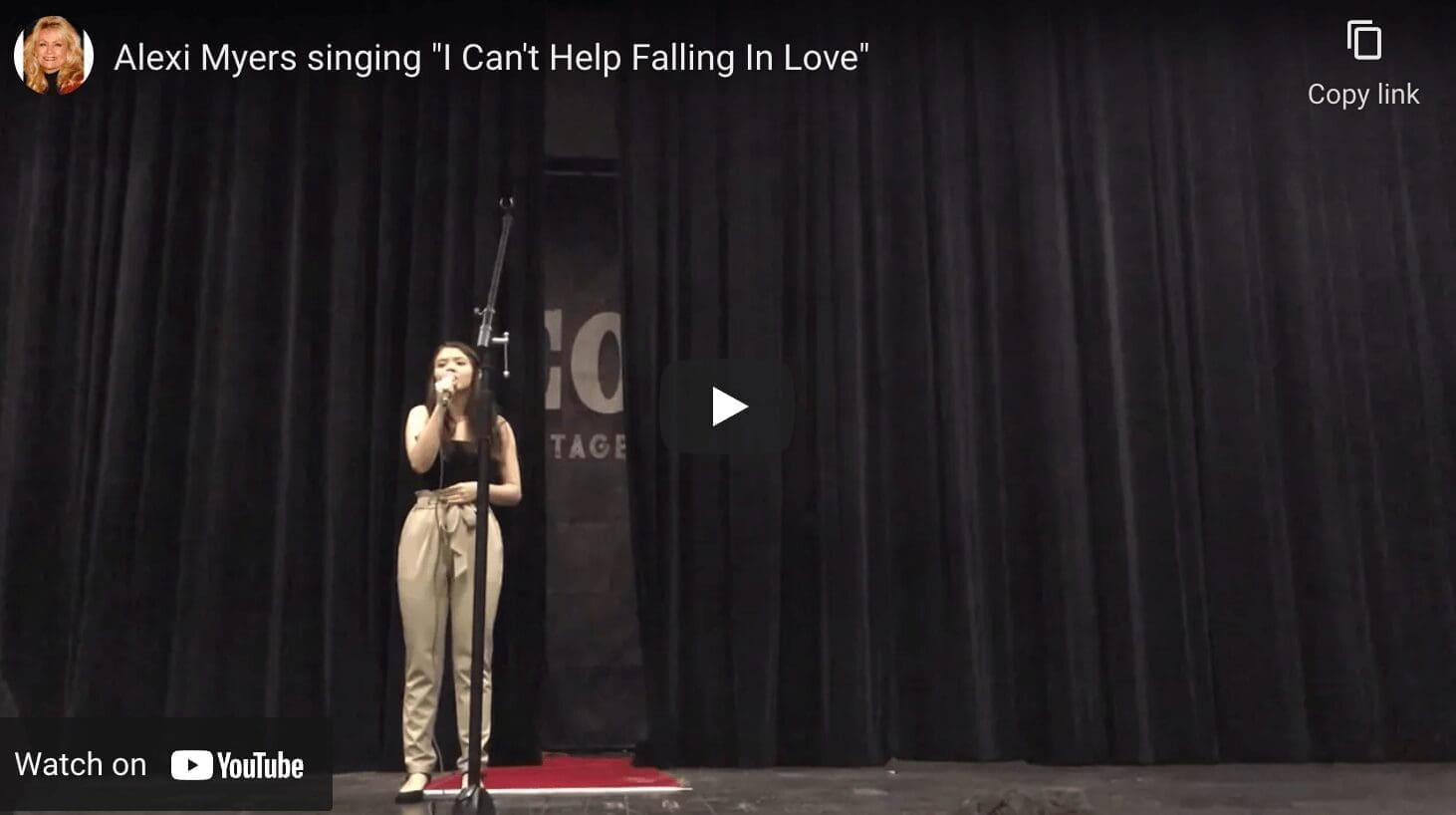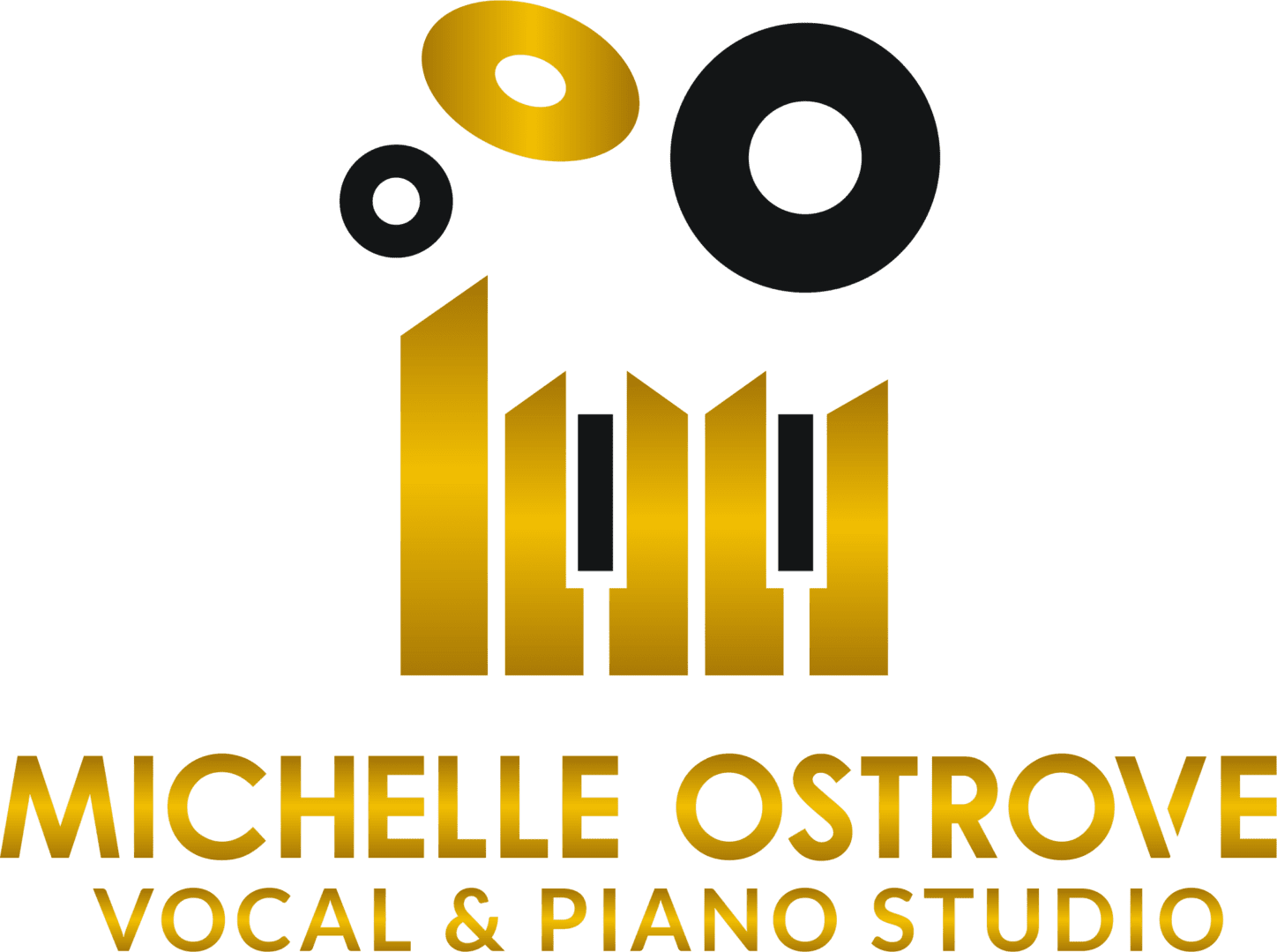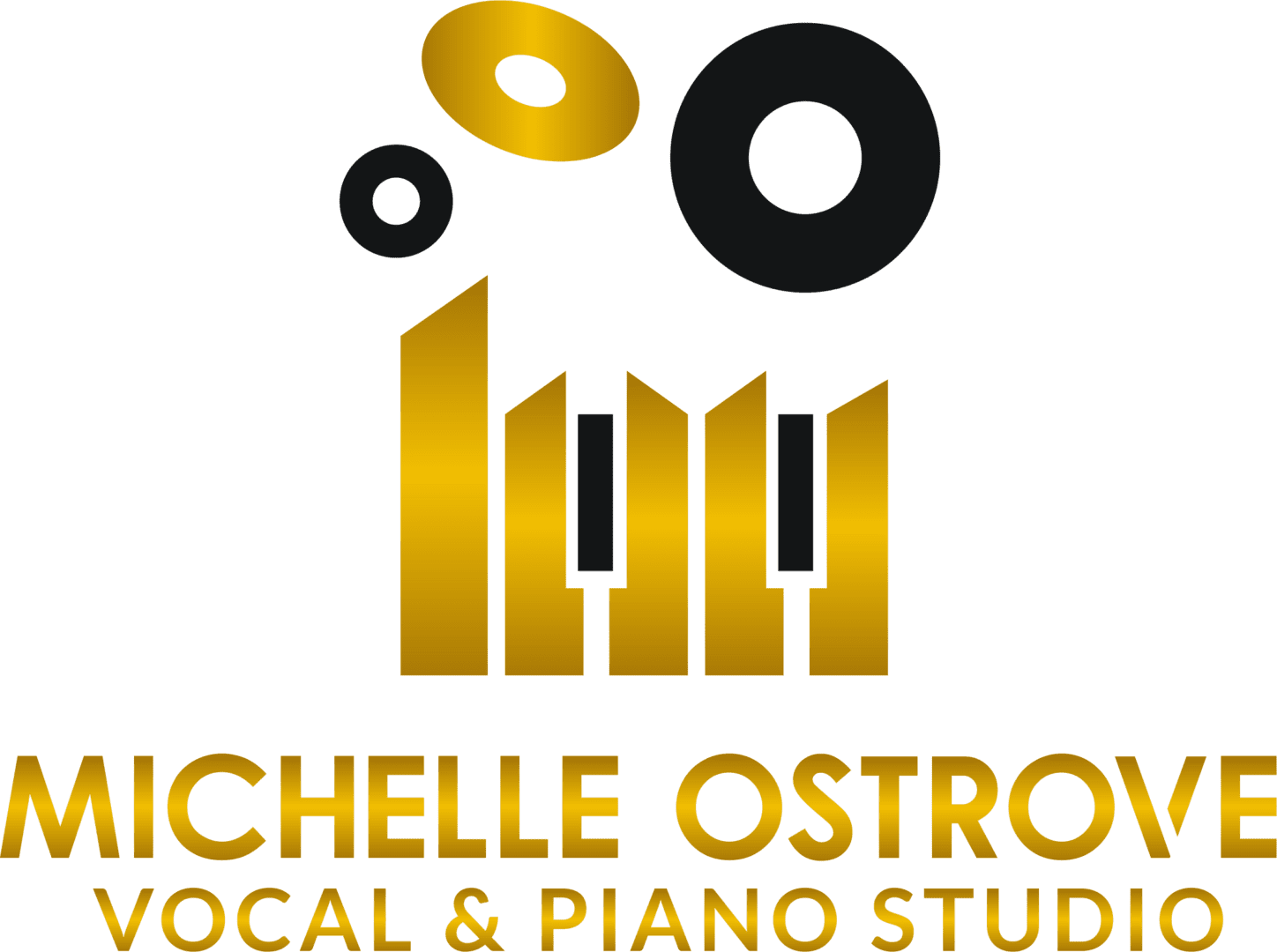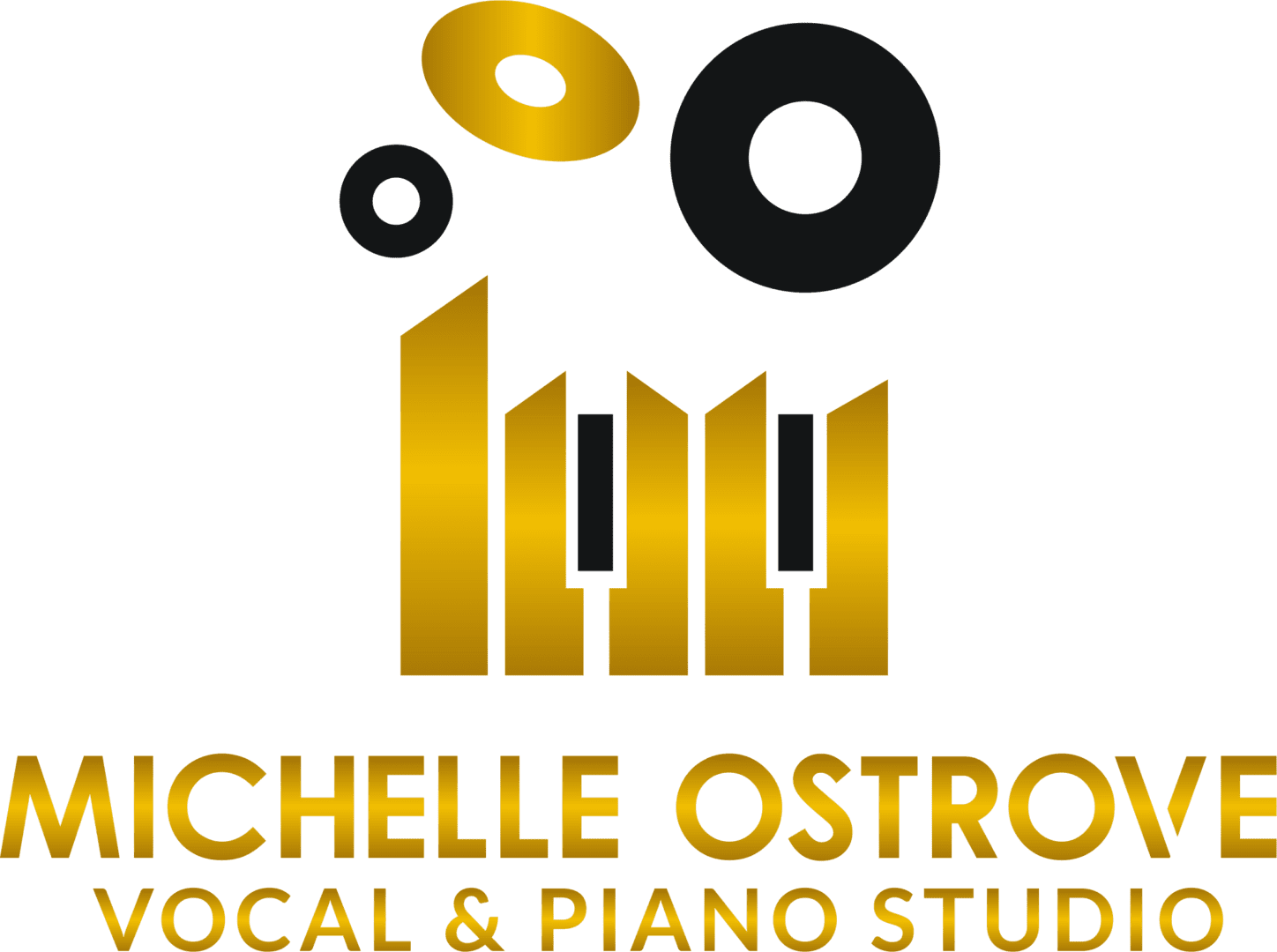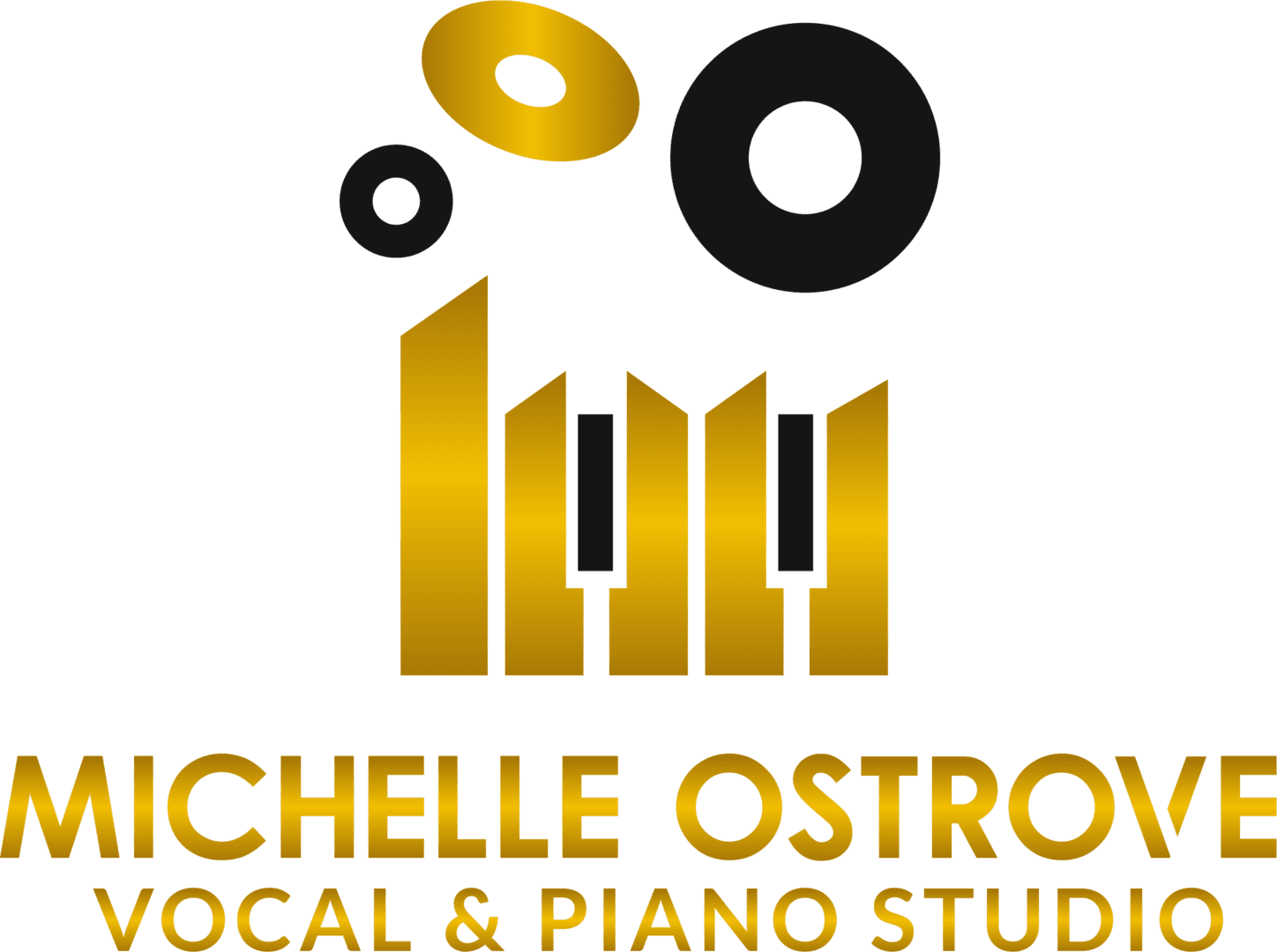Explore the Michelle Ostrove Blog
The music business can be cruel, blunt, and harsh. It’s a business and you cannot take the opinions of others personally. Whether it’s the way you sing, or the song you wrote, or how you play the piano, just because they say something negative “does not make it true”! If you read a review or hear a comment and it’s completely false let it go; don’t take it personally. Think of it as a review or comment for someone else.…
Read MoreThe aspirate onset is the soft vocal onset; it is the breathy singing voice like Marilyn Monroe. This is a fancy way of saying that you start with an “h” sound. The aspirate vocal onset happens when the vocal folds (cords) come together after the airflow has started to pass through. Let’s do a little exercise, if you sing “Hey Jude” from the Beatles song; start with Hey, notice the vocal folds (cords) opening as you sing the H and…
Read MoreTechnique is a skillful way of executing a song, whether it is singing or playing the piano. Technique deals with the concept of tone, musicality and expression in your performance. It is the ability to exert optimal control of the piano or your singing voice. Improving your technique entails practicing exercises that strengthen your muscular sensitivity and agility. Proper vocal technique allows singers to produce a warm, rich sound that is conducive to achieving a good vocal performance. Your posture,…
Read MoreIf you play a song on the piano or sing a beautiful melody without feeling or emotion, the song will fall flat. If you’ve ever paid attention to music in a movie, you’ll find loud and pulsating music in dramatic, scarry, or terrifying scenes. Or you could have soft, soothing violins in a sad moment or love scene. It’s all about the dynamics. Dynamics create the mood of the song; it’s the ever-changing loudness and softness of way a song…
Read MoreSongs are made up with patterns, repeated rhythmic patterns made up of particular types of sound. Rhythm is the most essential element in a song. You can mix together any sounds you want, but without a rhythmic backbone to the sound there is no music. A rhythmic musical instrument is used to provide a strong beat to a piece of music. Think of the song “We Will Rock You” which has a distinct rhythmic pattern you can identify in the…
Read MoreIt takes a significant amount of dedication to play the piano or sing at a professional level. Most professional singers and musicians (pianists) typically practice one to two hours a day. Regularly practicing is the only way to get there. Not only will it allow you to maintain your current skill level but, it is the only way to improve your skill set. It’s best to practice daily for a shorter amount of time than spending four once or twice…
Read MoreStaccato in Italian means detached or disconnected, applied to singing or playing piano the technique is with individual short, clear-cut notes with a small rest (silence) at the end of each note. It is the opposite of legato, which means to sing or play the notes smoothly and connected. Staccato is a short note (not holding it); it’s separated from the other notes that may follow. When singing staccato, it is a quick, precise, cut short, detached note or notes.…
Read MoreWhen putting a song together you need some basic elements. An Artist will have their own unique way of expressing the song and the way they want to structure the song. For a singer, start with the melody and lyrics to start creating a song. For a pianist, you will can start with the melody and chord progressions. But these are the basic important elements needed to create a song: 1. The melody, it is the single most important part…
Read MoreEvery singer wants to increase their vocal range, and hit those high notes. No one is born with the ability to sing the highest notes perfectly, expanding your range takes work. Vocal cords need exercise, just like other muscles, to get stronger. Start by learning how to relax your facial muscles. Relaxing the face (lips, jaw and tongue), massage both sides of your cheek and jaw area. Then get your voice warmed up and practice specific exercises daily to help…
Read MoreSinging and playing piano at the same time takes practice. It’s hard because you are multitasking, doing both at the same time. The key is to play chords on the piano, one or two notes in the left hand and three or more in the right hand. A chord is three or more notes played or sung at the same time (blocked chord) or three notes played separately (broken chord). Chords add texture and depth to a melody and they…
Read More
